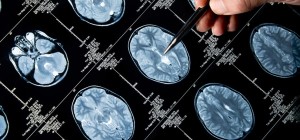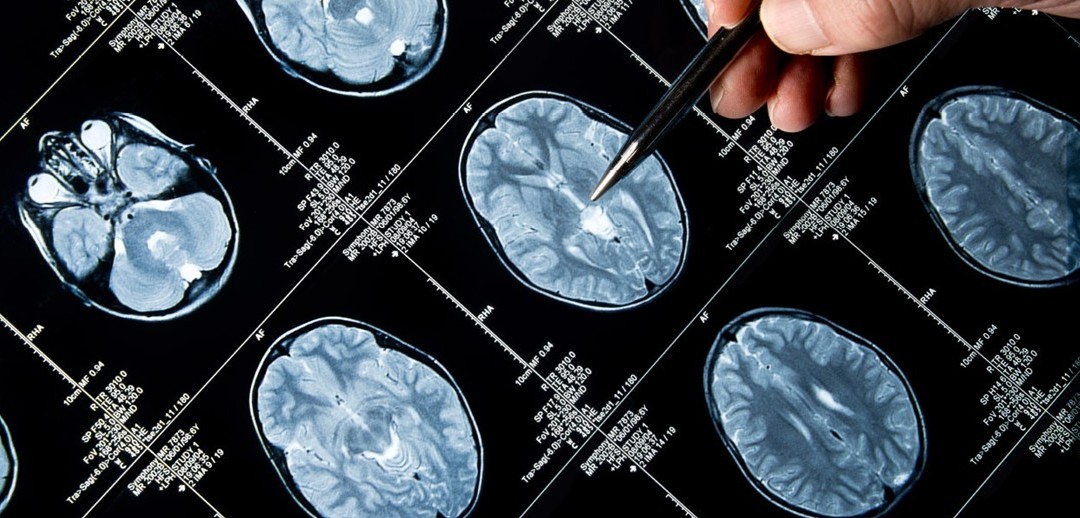 NCU’S DR. BARRY SPIKER
NCU’S DR. BARRY SPIKER
Trailblazer in Epigenetics Guides Students
WRITTEN BY Judy Tierney
(Originally published in NCU’s Higher Degrees, Fall 2015 issue)
 “As a trailblazer, you know that you can’t only be on one path. You end up on multiple paths,” Spiker explains. “Trailblazers have to look at everything that is happening around them and figure out the best way to get there.”
“As a trailblazer, you know that you can’t only be on one path. You end up on multiple paths,” Spiker explains. “Trailblazers have to look at everything that is happening around them and figure out the best way to get there.”
For Dr. Barry Spiker, Core Faculty, Dissertation Chair at Northcentral University, the term “trailblazer” immediately conjures up images of America’s early pioneers, in particular Kit Carson’s quest to lead an expedition from Missouri to New Mexico, over mountains, across rivers and through Indian lands.
Perhaps that’s why eight years ago, after suffering a massive heart attack at the age of 57, a search for a new path led Spiker into the field of epigenetics. With no family history of heart disease, he researched other possible influences including diet, exercise, stress, and spirituality. “As I started diving into all of this, I discovered epigenetics,” he continues. “If our DNA is our hardware, epigenetics is the software that directs the hardware how to operate.”
Reflecting on his life, Spiker realized he had given up everything he was passionate about. So, he started taking walks, playing golf, eating organic foods and meditating, and he ended an unhealthyrelationship. Six months later and 50 pounds lighter, Spiker learned from his doctor that he had grown a brand new mid-right coronary artery. “My cardiologist had never heard of this happening in a man my age,” he says. “I attribute it to the fact that I changed nearly everything in my life.”
Since then, Spiker has made it his personal mission to educate people to be healthier to enable them to lead more fulfilling lives. He is especially interested in Alzheimer’s disease and dementia, an area he believes is underfunded from a research perspective, as he begins to see people his own age developing symptoms. The statistics he cites are alarming: an Alzheimer’s diagnosis every 70 seconds, the sixth leading cause of death, more people afraid of being diagnosed with Alzheimer’s than with cancer, heart disease or strokes.
At Epigenesis Corporation, the company he founded and where he now serves on the Board of Directors, Spiker will begin testing a protocol he developed to mitigate the early onset of dementia and Alzheimer’s disease next year. The research, which will be conducted with sons and daughters of Alzheimer’s patients, will be longitudinal, so subjects will be tracked over a period of many years. With around 44 million patients globally, Spiker believes there are 100 million subjects with whom they can work today through licensed and certified therapists and clinicians.
“Everything we do will have a substantial research basis to it already,” he says. “Just like we tell our students: You need to understand what the field tells you already to determine the next level of research that is needed.”
After three years at NCU, Spiker’s research and experience in epigenetics are informing the work of some of his students. Because most have already finished their comprehensive exams and written a proposal paper when they begin to work with Spiker, opportunities to influence their research are often limited. But some students, including Elizabeth Curtiss-Cabel and Breon Haskett have taken a keen interest in Spiker’s work and have applied epigenetics in their own fields.
Curtiss-Cabel, for example, used non-invasive epigenetic interventions in her work with high-functioning autistic children. Combining relaxation, stress management and peer interaction techniques, she discovered significant changes in the children’s social skills. Kids who normally kept to themselves were going to sleepovers, attending dances and even participating in school sports.
“Dr. Spiker always pushed me to think further and stretched the concepts around what I was doing to give me a full picture of how my research makes a difference in the bigger picture of epigenetics,” shares Curtiss-Cabel about her dissertation chair.
Haskett is studying the effects of trauma on homeless African American young adults in Atlanta. Working with the Covenant House, an organization which provides educational as well as other services and support, Haskett noticed that a majority of individuals in the program exhibited a high level of educational persistence and voluntarily participate in the organization’s GED program. In looking at triggers – including socio-economic conditions, relationships with their teachers and family structure – that may have caused earlier challenges in the classroom, Haskett hopes to identify ways to mitigate some of these issues going forward.
Dr. Spiker opened Haskett’s eyes to including the exploration of intergenerational effects of chattel slavery on this population. “I am encouraging Breon to look at the epigenetics research around trauma and how that gets passed from generation to generation,” says Spiker. “It could be another groundbreaking piece of research.”
“He steers us toward things we may not have even considered to get us even more excited about making a solid contribution,” Haskett says of Spiker. “Environmental effects, as well as past events may require more than the solutions we are looking at today for this research.”
Spiker credits NCU with giving him the opportunity to learn from great students whom he describes as open, accepting and well-prepared. “They teach me and I teach someone else, and that person goes on to teach someone else,” he says.
“NCU enables these stories,” he continues. “You don’t really expect this kind of stuff out of an online university, but we’re different in that we have 60 plus dissertation chairs who are incredibly helpful and who know good research and good writing.”
Spiker constantly challenges his students to use existing research to evaluate new ways to approach things. “I want to change the world. I want to make it a better place,” Spiker says. “And the beauty of higher education is that we can show our students multiple paths to get from point A to point B, and that is literally what a trailblazer does.”
With more than 50,000 studies on epigenetics underway, Spiker hopes to start a firestorm around this research and why it’s important. “If people knew the connection between the science and the behavior,” he proposes, “and they understood it as this brand new science called epigenetics, then maybe they would do something different with their lives.”

